Did you know? Over 75% of the world’s major crops depend on the pollination of edible plant species, including fruits, vegetables, nuts, coffee, and more. Moreover, more than 30% of our food depends on bee pollination. However, the health and survival of this species are seriously under threat.
Fully aware of these challenges, the Véto-pharma Bee Science department has been committed to bee health for over 25 years. We support the beekeeping sector by staying attentive to its needs and developing innovative, safe, and effective solutions. Our efforts are paying off, as our products help support over six million colonies each year!
Beyond our current product range, we are making significant investments for the future. These include research projects aimed at developing new treatments for Varroa, solutions for trapping hornets, and high-quality nutritional products, thus supporting beekeepers in their work.
Our Areas of Action
Fight against Varroa
Varroa destructor is a parasitic mite that weakens honeybees, facilitating the spread of diseases and viruses. Fighting against Varroa is essential to ensure the survival of bee colonies, which play an essential role in pollination and sustaining global food production.
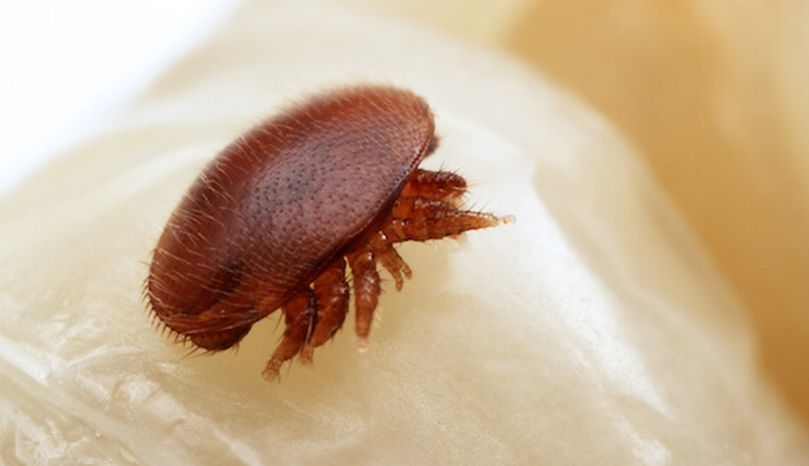
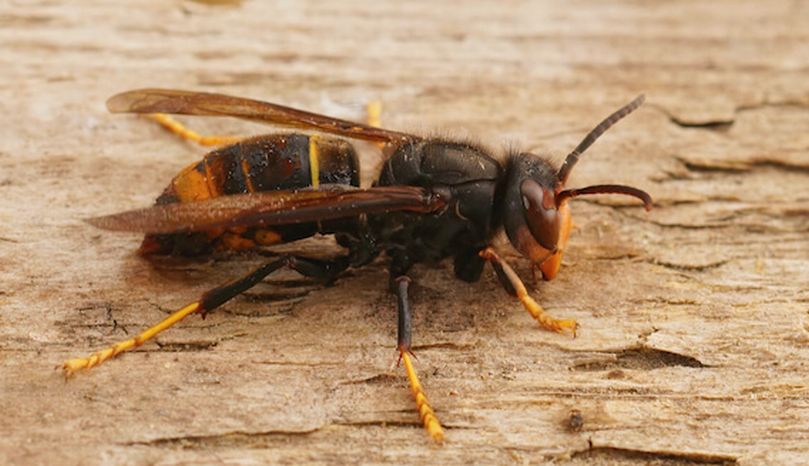
Asian hornet trapping
These formidable predators attack hives and devastate colonies, affecting colony survival, honey production, and pollination. By developing effective solutions to trap hornets, we can curb their proliferation and maintain the balance of ecosystems.
Bee nutrition
Feeding bees is often simplified to merely providing sugar, but it is actually much more complex. It requires special attention, particularly during rainy seasons or in areas with limited floral diversity.
Adequate nutritional intake, both in terms of quantity and quality, is essential to ensure the proper functioning of the colonies!

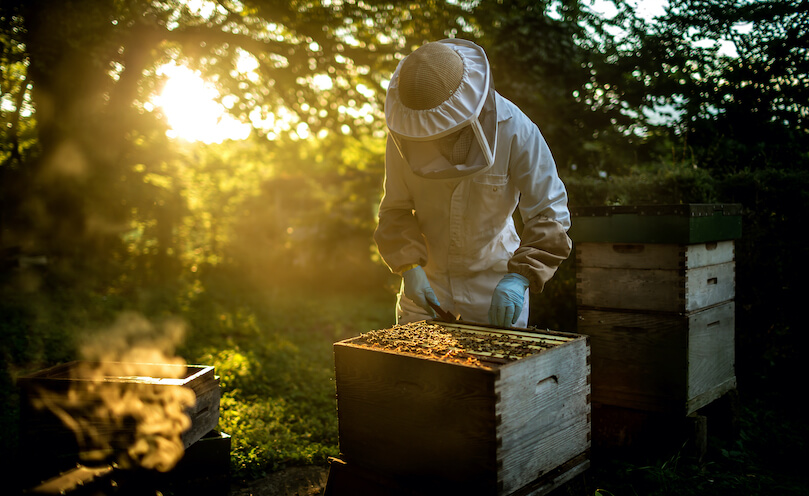
Our support for the beekeeping sector
At Véto-pharma, we are fully committed to supporting beekeeping and bee health. From Research and Development, with our experimental apiary and R&D laboratory, to partnerships with associations and universities, as well as our financial investments: our actions are driven by innovation and collaboration!
Discover all our initiatives to value bees, support beekeepers, and promote biodiversity.

A 28-page guide on how to optimize bee nutrition and thus strengthen their development, co-written with Pajuelo Consultores, beekeeping experts.

In winter, as temperatures drop, bees become less active, and the availability of natural forage decreases. Your bees will need extra help to survive the cold season.

Read our new 20-page guide on “Integrated Varroa Mite Management throughout the Seasons” co-written with Dr. Gérald Therville, a french veterinarian with a specialized diploma in Beekeeping.

This document offers an overview to enhance readers’ understanding on Amitraz resistance and clarify common misconceptions.

Practical guide summarizing the usage recommendations for the MegaBee protein supplement: how to use it, when to use it, for how long, etc.

This brochure presents key information about the new “MegaBee” protein supplement for stronger colonies in just a few pages.

Selective trap for Asian hornet shows promising results
Selective trap for Asian hornet control by Véto-pharma—eco-friendly, affordable, and effective in protecting biodiversity and beekeeping.

Honey bee colony starvation during the season
This article helps you understand and anticipate the phenomenon of seasonal famine in bees (also known as the “nectar dearth”), which drives them to consume the honey stored in supers.
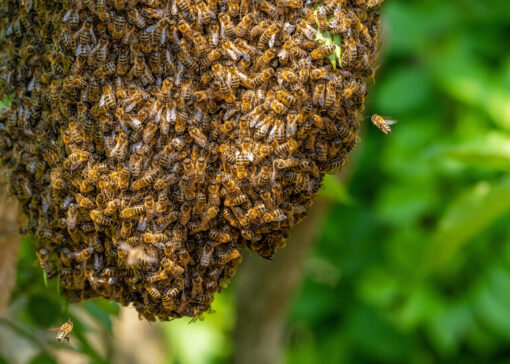
Swarm Management in Spring
Practical swarm management tips for spring: how to detect, prevent, or support swarming based on your beekeeping goals.
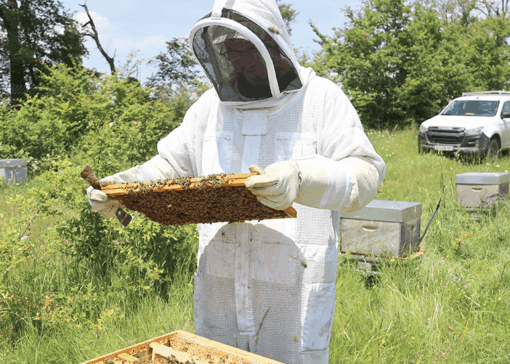
Discover Véto-pharma’s Beekeeping Tips and Tricks
The Véto-pharma apiary team shares its tips and tricks for better daily hive management.
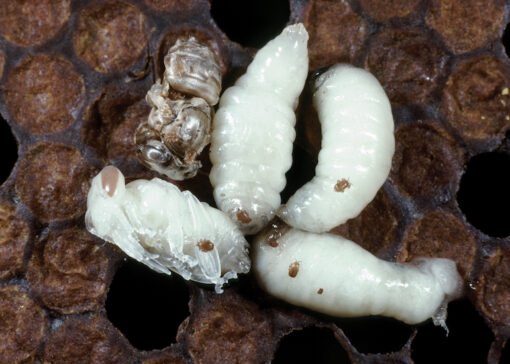
Tropilaelaps is lying in wait – Can Amitraz efficiently reduce infestations?
The Asian-native Tropilaelaps mite is spreading and threatening Apis mellifera hives. We’re testing Amitraz as a potential treatment.
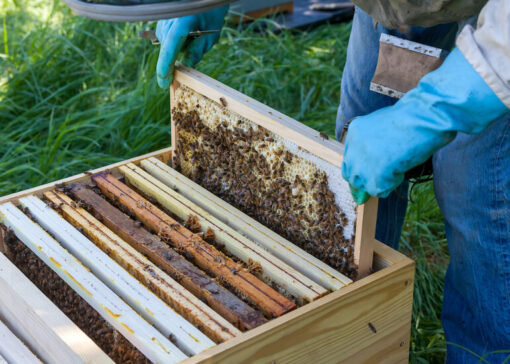
Managing space in honey bee colonies and adding honey supers in spring
Learn when and how to add honey supers in spring to prevent swarming and boost honey production through smart hive space management.
